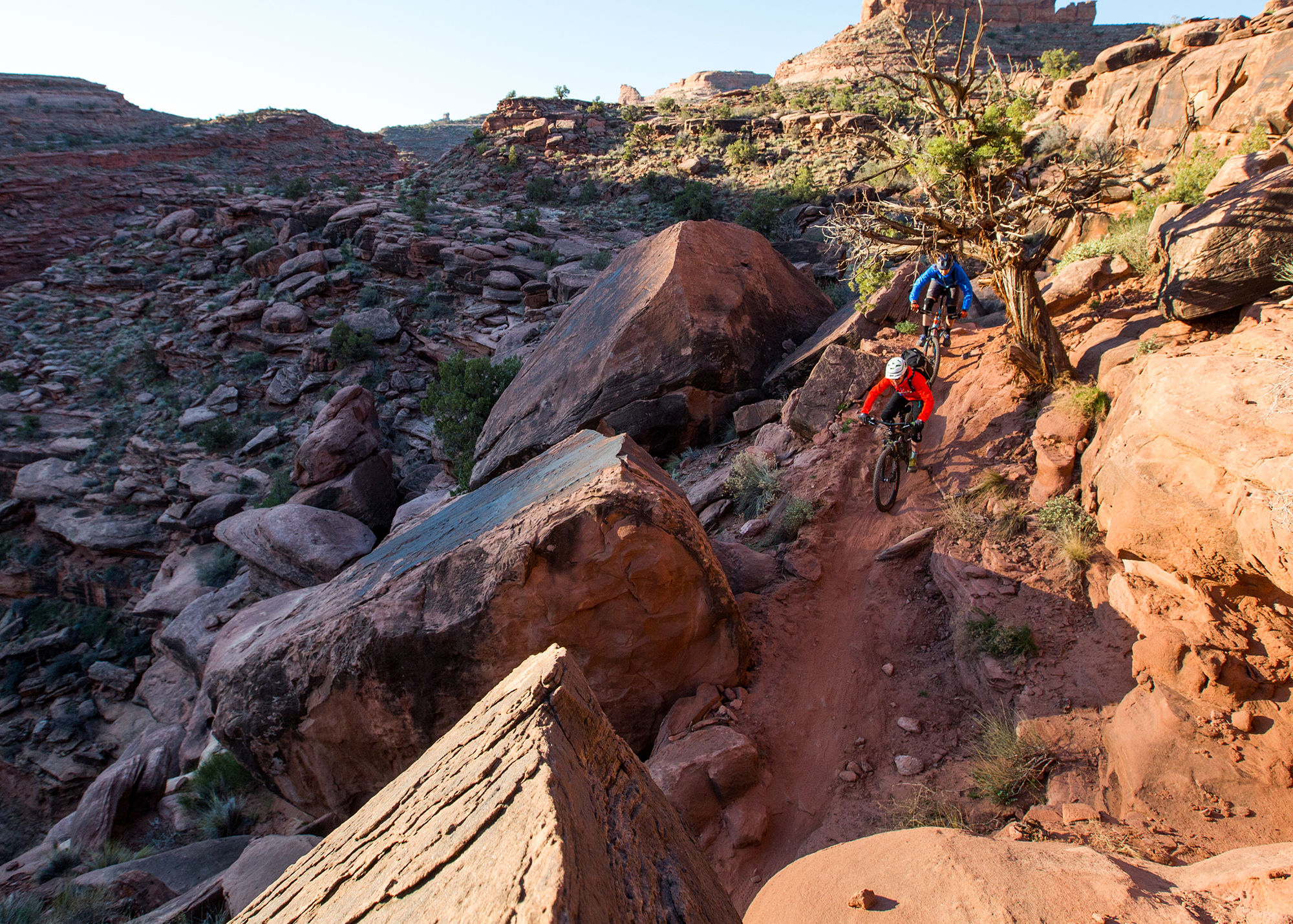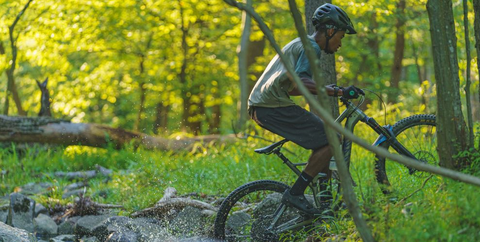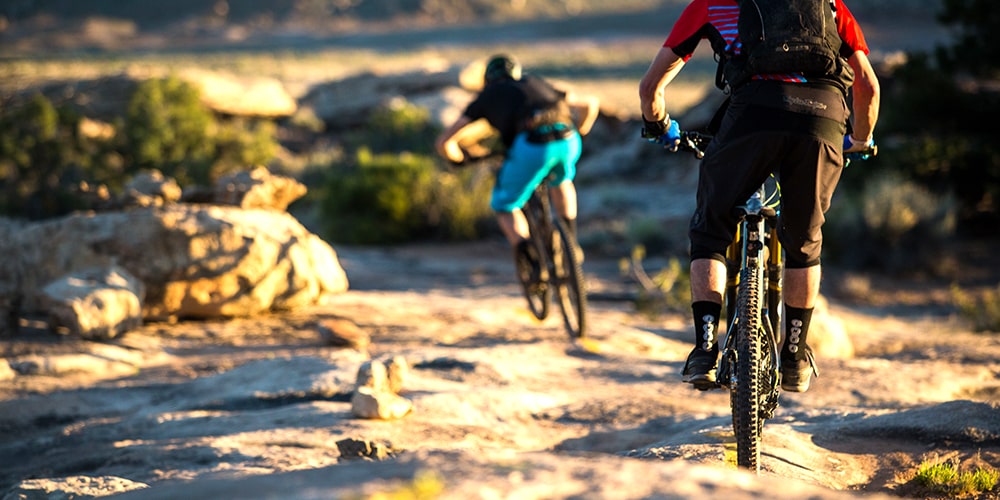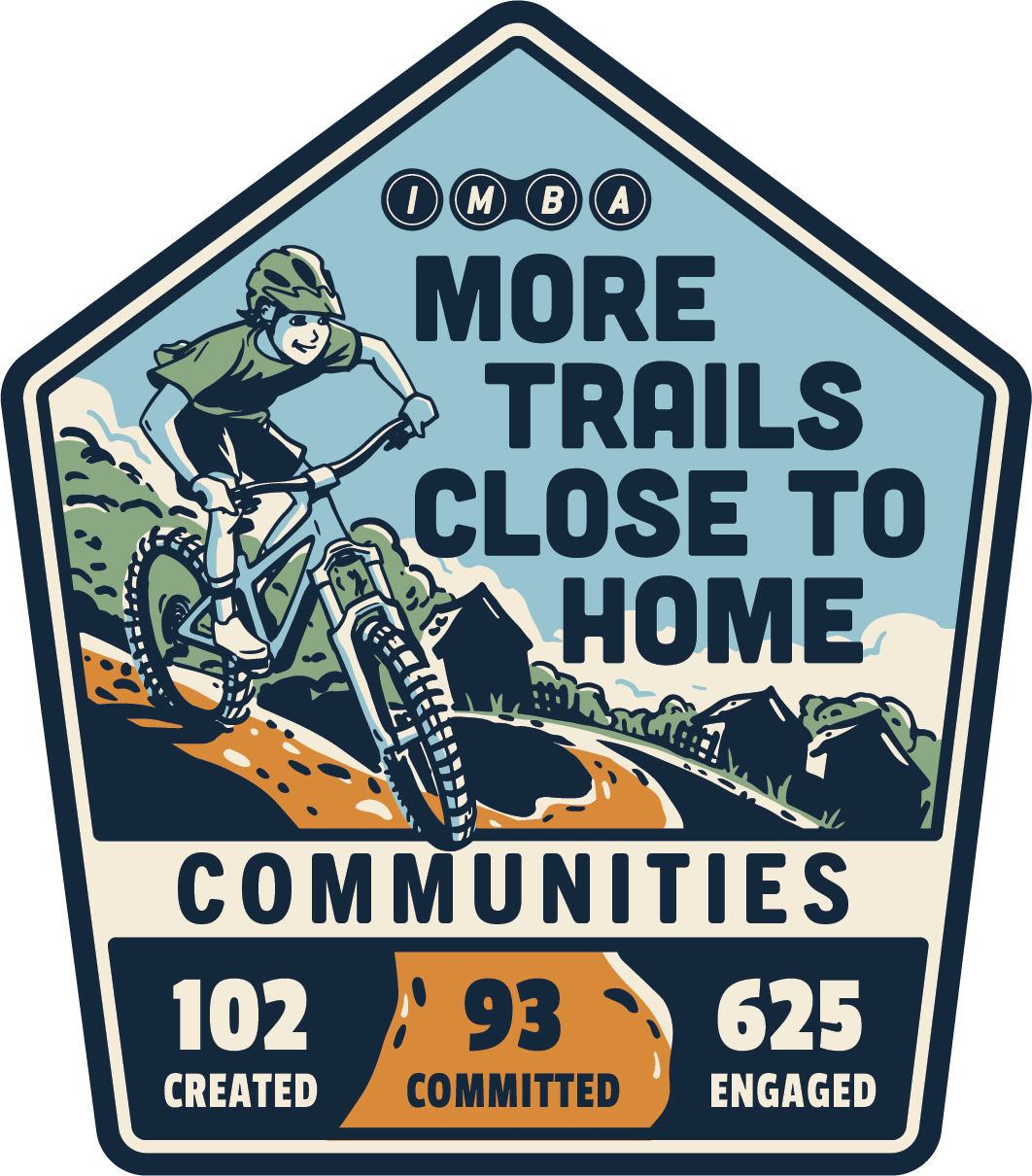Protect Funding for Maryland’s Trails
Call to Action
Mountain bikers protect healthy landscapes and promote conservation across our nation. Conservation is important to us, and a clear rule that helps the BLM protect and support healthy landscapes is something we would support. In order to explicitly support the new BLM Public Lands rule, mountain bikers need clarification.
It is difficult for us to clearly answer, “How is this going to impact mountain bikers and trails?” This is partially because a rule is a framework for case-by-case decision making during cyclical land planning processes at the local and regional level within the BLM. It’s also because much is unclear in this version of the proposed rule. Because of the ambiguity and lack of clear definitions, it is especially important for us to uplift our questions and the voices of mountain bikers.
There could be negative implications: this rule could allow decisions to be made to restrict access to mountain bike trails in areas where land/trail health is an issue. There could be positive implications: sustainable recreation positively impacts conservation efforts in people-power and advocacy for protecting the places we play. This could lend itself to helping BLM land managers approve sustainable trail construction projects that promote protection of intact landscapes and responsible recreation.
If we say nothing, the thousands of individual voices of mountain bikers and other recreation enthusiasts are not part of the conversation. If one or two of us write a letter, maybe we’re acknowledged, but the voices of the many stakeholders involved in BLM land planning, from recreation to resource extraction, drown out our perspective. Please lift up your voice and the needs of our mountain bike communities across the country.
If you are a local trail or mountain bike community leader and want to be able to send a more detailed comment, click here for additional guidance from IMBA's Policy Team. Read IMBA's Full Comments to the BLM.
Additional Context
The Bureau of Land Management (BLM) is the largest land management agency in the U.S., managing 1/10th of America’s land base (or some 245 million acres). The BLM is host to hundreds of miles of some of the best mountain biking trails in the world from Virginia to Colorado, Utah, Oregon and California, and numerous other western states, and it is also host to a large and growing number of eMTB trails. For many years IMBA has worked closely with the BLM, partnering to champion mountain bike access in rural communities throughout the west. Together the BLM and IMBA are connecting with communities through a national partnership, and IMBA helped the BLM develop the Guide to Quality Trail Opportunities (GQTE) used by managers for trail development. From a relationship and mission perspective, the BLM is a highly important land management agency for mountain bikers to support and engage with. We need your comments on this Proposed Rule.
The proposed Public Lands Rule strives to address shortcomings in management related to land health in order to better ensure "health, diversity, and productivity of public lands for the use and enjoyment of present and future generations." The Rule elevates conservation as a use for protection and restoration, and claims the intent of this rule is one of process: this rule will help the BLM better manage for all the various uses of public lands including recreation.
In theory, better management of resources should make land health more sustainable, affording the flexibility and continued diversity of public use. High quality mountain biking experiences rely heavily on scenic value. However, while mountain biking is far from the most impactful land use (resource extraction, grazing, development, OHV) it is not without its impacts. Population growth and climate change are exacerbating already challenging conditions that have been driven by politics, budget cuts, and under-management.
How will mountain biking fare in this process over time? One thing is for certain. Mountain bikers will need to continue to engage in BLM land management planning processes, be good stewards of trails, and show humility in the face of climate resilience when it comes to future access. That is the best recipe for minimizing unacceptable access limitations. We all must act.






